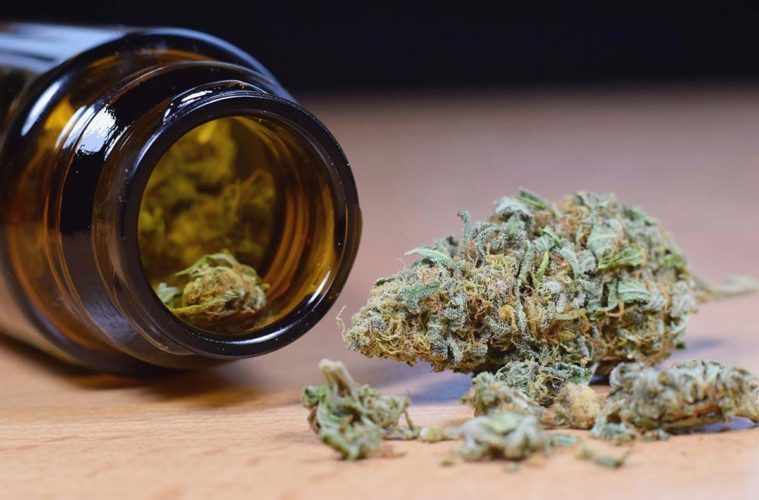THCA Flowers – The Hidden Gem of the Cannabis Plant and Their Healing Potential
THCA tetrahydrocannabinolic acid flowers have garnered significant attention in recent years due to their potential health benefits and unique properties. THCA is a non-psychoactive cannabinoid found in raw cannabis plants, meaning it does not produce the high typically associated with THC tetrahydrocannabinol. As cannabis continues to be explored for its therapeutic potential, THCA is emerging as a key player in the discussion. One of the primary benefits of THCA flowers is their potential anti-inflammatory properties. Research suggests that THCA can help modulate the body’s inflammatory responses, which may be beneficial for conditions characterized by chronic inflammation, such as arthritis or autoimmune disorders. By interacting with the endocannabinoid system, THCA may help balance and regulate immune system function, reducing inflammation and potentially alleviating symptoms associated with these conditions.
In addition to its anti-inflammatory effects, THCA is also believed to possess neuroprotective qualities. Studies indicate that THCA may help protect brain cells from damage caused by oxidative stress and neurodegenerative diseases. This could be particularly significant for individuals at risk of conditions such as Alzheimer’s disease or Parkinson’s disease. The antioxidant properties of THCA may help neutralize harmful free radicals in the brain, potentially reducing the risk of cognitive decline and supporting overall brain health. THCA flowers also show promise in supporting digestive health. Preliminary research suggests that THCA may have anti-nausea and anti-emetic effects, which could be beneficial for individuals undergoing treatments that induce nausea, such as chemotherapy. By interacting with receptors in the digestive system, THCA may help reduce the frequency and severity of nausea and vomiting, improving quality of life for those affected.

Moreover, The strongest thca flower has been studied for its potential role in supporting mental health. While research is still in the early stages, some findings suggest that THCA may have anxiolytic anxiety-reducing and antidepressant-like effects. This could be helpful for individuals dealing with anxiety disorders or depressive symptoms. By modulating neurotransmitter activity and reducing inflammation in the brain, THCA may contribute to improved mood and emotional well-being. It is important to note that while the research into THCA is promising, it is still in its infancy, and more studies are needed to fully understand its potential benefits and mechanisms of action. Additionally, the effects of THCA can vary based on individual factors, such as dosage, consumption method, and overall health.
For health enthusiasts interested in exploring THCA flowers, it is crucial to obtain them from reputable sources and consult with a healthcare professional before incorporating them into a wellness regimen. This ensures that the use of THCA aligns with individual health needs and conditions. In summary, THCA flowers offer a range of potential health benefits, from anti-inflammatory and neuroprotective effects to support for digestive and mental health. As research continues to evolve, THCA may become an integral component of holistic health approaches, providing a natural alternative for those seeking to enhance their well-being.